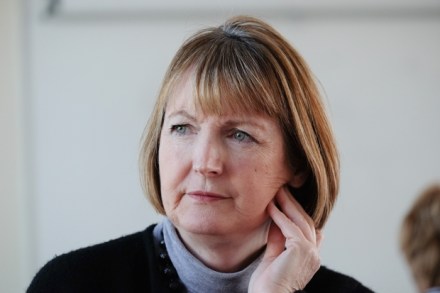Britain for the British: Theresa May leads a new nationalist government
Scottish jobs for Scottish workers. We’re going to stop foreigners from coming here and taking jobs Scottish people can do. We are going to make companies declare the nationality of their employees: those that do not employ a sufficiently high percentage of Scots will be ‘named and shamed’. They have a duty to this country; a duty to our people. If companies wish to employ foreigners they will have to prove they need to and demonstrate that they have tried, but failed, to fill the position with a native-born Scot. We understand the pain felt by those Scots who have lost their jobs to English migrants. We feel your anger




















